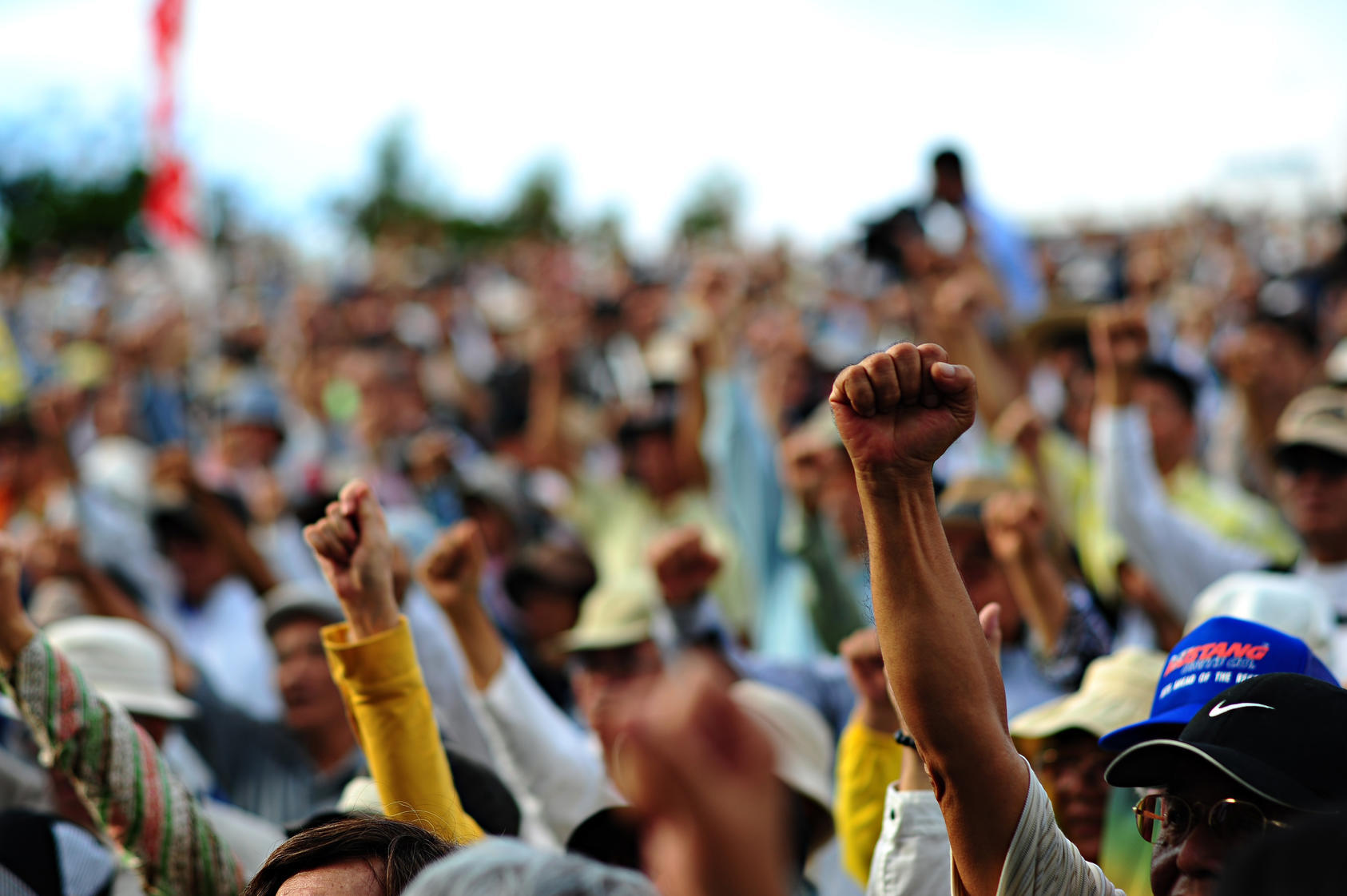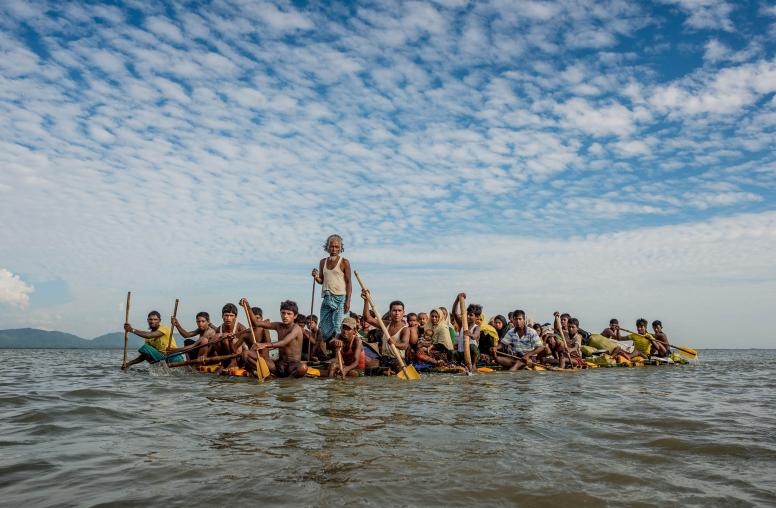Civil Resistance: The Dynamics of Nonviolent Movements (Instructor-Led)
Civil resistance movements have and continue to shape political, social and economic change across the globe. As peacebuilders, understanding the role of nonviolent movements throughout history as well as the ones that currently exist today will help us understand one of the most effective ways of mitigating conflict nonviolently. At USIP, we believe that conflict is inevitable, but it does not have to be violent. Civil resistance and nonviolent movements are powerful examples of this. This course is for those with a keen interest in how ordinary people are transforming conflicts through nonviolent action. Those enrolled can earn a certification of participation upon completing the course.

Learning Objectives
- Learn from a diverse set of activists, scholars, and practitioners through stories, research, and exercises.
- Transform how they analyze and think about conflict – its value, mode, and outcomes.
- Engage with a growing community of learners and experts enrolled in the course through a continuous series of live, interactive, and collaborative online events.
- Co-Create new knowledge and insights to enhance and update the course as the field evolves.
Instructor-led Delivery
USIP’s new instructor-led format blends a self-paced curriculum with weekly live, interactive webinars. Enrolled participants will join a group of fellow learners from around the world. Each week will feature a new lesson that includes a real-world case study, a skills-building exercise, and small group discussions. A new course is offered each month and is four weeks in duration. The course is open to the public and is free of charge. Certificates of participation are awarded at the conclusion of the course.
Description
- Weekly Self-Paced Curriculum: Learn at your own pace and schedule through carefully curated self-guided curriculum and instructional videos.
- Weekly Live Webinars: Every week, a USIP expert or guest lecturer will host a country case study, a facilitated exercise, and small group discussions.
- Group-Based: Join and learn alongside other participants from around the world.
- Practical Case Studies: Develop skills through real-world exercises and small group discussions.
- Certificates: Receive a certificate of participation at the conclusion of a course.
Weekly Webinar Schedule
Join USIP’s Nonviolent Action program for three weeks of live instructor-led webinars covering the following topics:
September 6, 2024 – Introduction to Nonviolent Action: Historical & Theoretical Foundations, 9:00am – 10:15am EDT
September 13, 2024 - Nonviolent Movements: Formation and Planning, 9:00am – 10:15am EDT
September 20, 2024 - Methods of Nonviolent Action, 9:00am – 10:15am EDT




